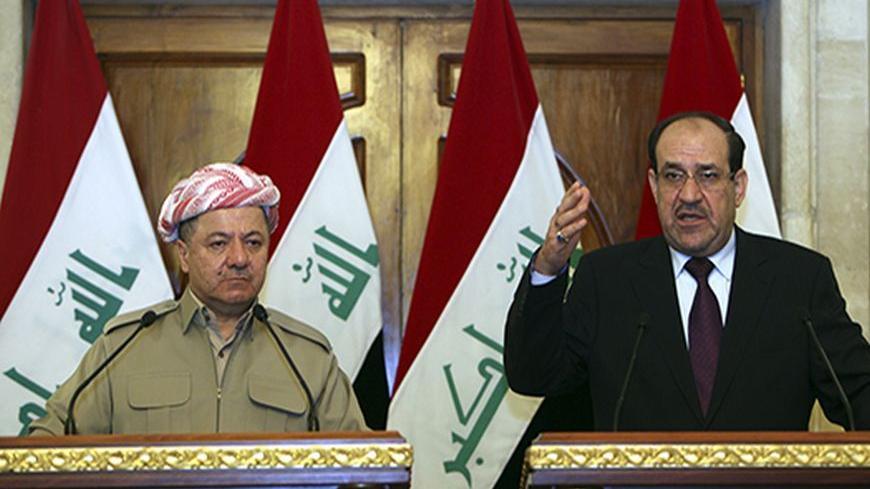With the approach of every Iraqi election season, the country plunges into widespread controversy about the election law and about how it should be amended. The threats between the various political blocs escalate, with some hinting that they will boycott the election. These debates have typically ended by either returning to the previous law or by a political settlement that guarantees the interests of all the parties.
That scene happened during the past few weeks as Iraqi political forces tried to amend the law that would govern the 2014 parliamentary elections because there was not a fixed electoral law in Iraq, allowing parliament the right to change the law each electoral season or to amend earlier laws.


